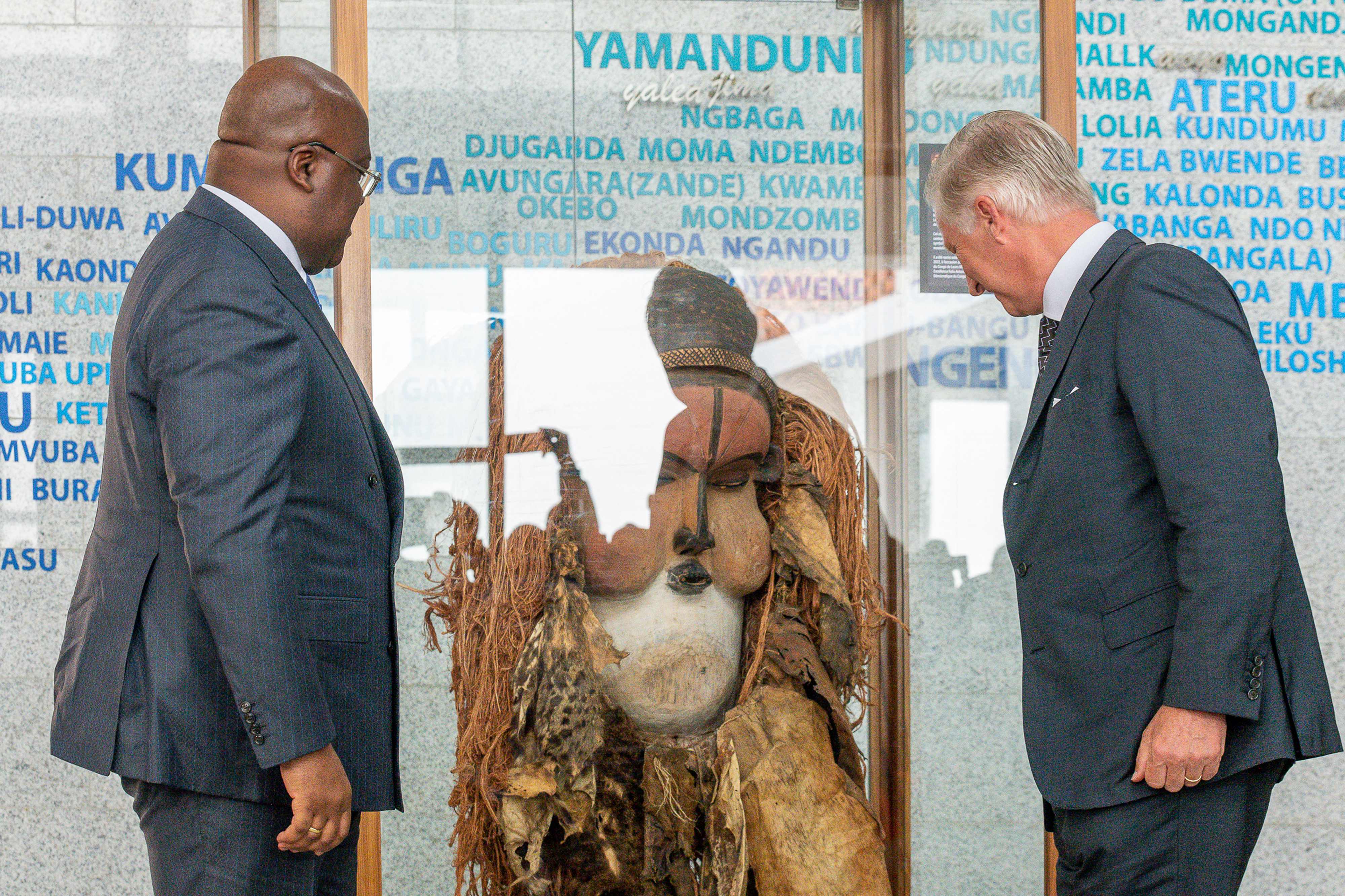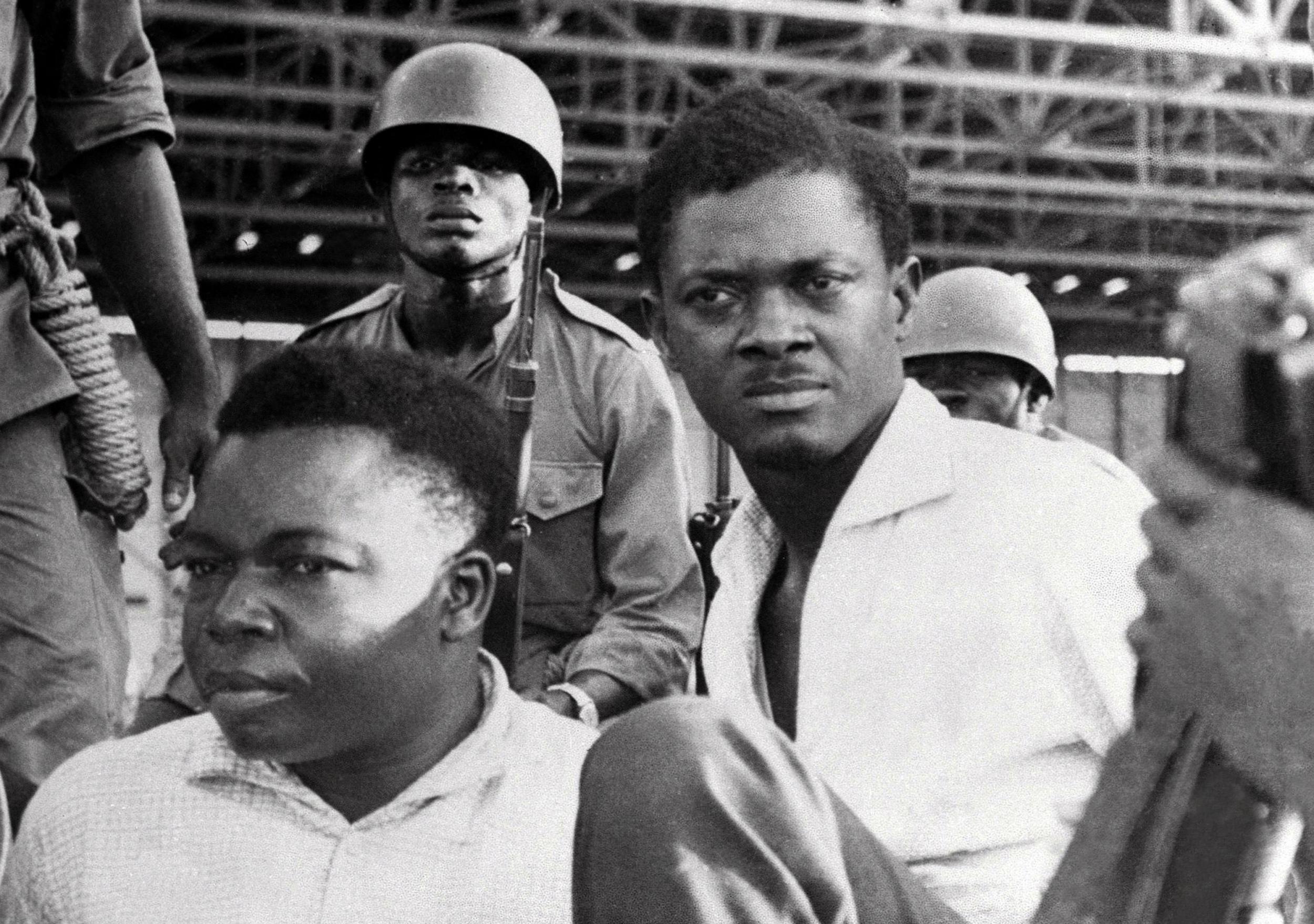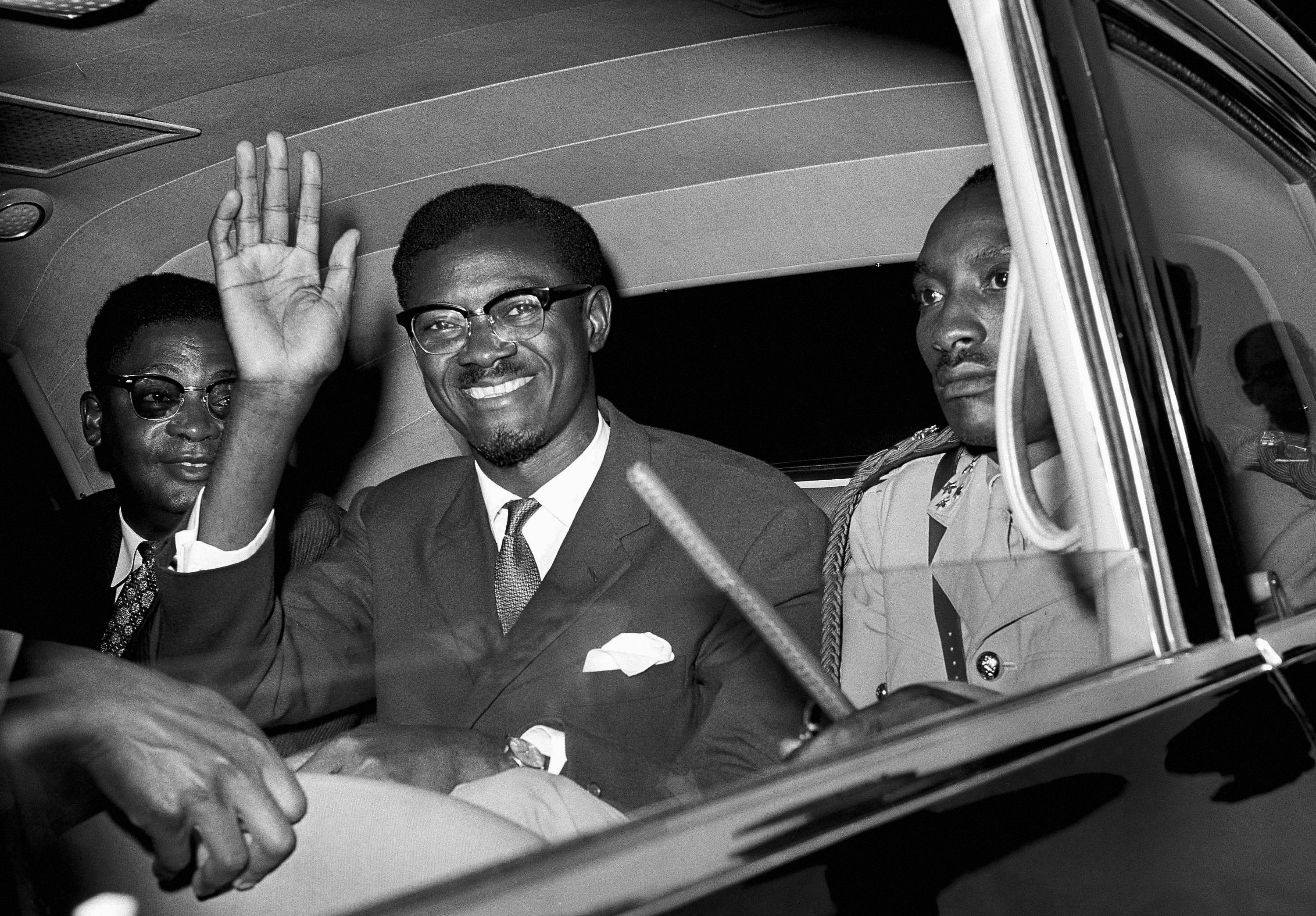When sorry is not enough: Belgium’s king visits Congo, to confront country’s cruel colonial past
The monarch is making his first trip to the DRC, the country his relatives helped colonise and treat with extraordinary brutality, writes Charlie Mitchell


So barbaric was the treatment of Patrice Lumumba in the days preceding his assassination under Belgian supervision in 1961 that one of his captors is said to have become physically sick.
The Democratic Republic of Congo’s first elected prime minister, then 35, was beaten, tortured and allegedly forced to eat his own beard. After being killed by firing squad by pro-Belgian separatists, his corpse was dismembered and dissolved in acid. A gold tooth, pulled and kept by a Belgian police officer, was all that remained.
Six decades on, Belgium is attempting to draw a line under one of its darkest periods, with a two-pronged charm offensive. On Tuesday, King Philippe of Belgium began a six-day visit to the DRC, his first to the country, while in a fortnight Lumumba’s tooth will be returned to his family. On Wednesday, the king returned a traditional mask to the country.
Many remain angry at Belgium’s failure to apologise for decades of brutal rule. In 2020, Philippe became the first Belgian official to express regret for the “suffering and humiliation” inflicted on Congo. But he stopped short of issuing an apology, to the anger of many.
But even expressions of regret from Belgium’s sovereign might not be enough. Critics say the Belgians, who in a very crowded field stood out as Africa’s cruellest colonisers, have a long way to go on the path to reconciliation.
An important start would be taking responsibility for Lumumba’s murder, according to Ludo De Witte, who laid out Belgium’s pivotal role in the assassination in his 1999 bestselling book, The Assassination of Lumumba.
The DRC contains vast mineral wealth, including the world’s largest reserves of cobalt, a vital component in mobile phones. Yet it is one of the world’s poorest countries, blighted for decades by violence and insecurity.
As the Belgian monarch began his visit, fighting continued to erupt in the east between armed rebels and the military, adding to the country’s 5.5 million internally displaced people. Many trace modern Congo’s problems to Belgium’s brutal colonial rule.

King Leopold II, the brother of King Philippe’s great-great-grandfather, ruled the Congo Free State for personal gain from 1885 to 1908, rinsing it of resources, before the Belgian state took possession of it.
As many as 10 million Congolese were killed, mutilated or died of disease working on Leopold’s rubber plantations. Authorities chopped off the limbs of those that did not meet production quotas and held their wives hostage. Children were snatched and put to work, or turned into soldiers. The Royal Museum for Central Africa, opened in Belgium in 1898, contained Congolese people forced to live on display in a mockup of an African village.
The DRC gained independence in 1960 following a violent struggle, but Belgium continued to exert control with US support. Lumumba, a professorial pan-Africanist, excoriated the country’s former colonial rulers in a speech. The Cold War was at its height and western officials grew concerned Lumumba would cosy up to the Soviet Union.
Months later, he was overthrown and arrested by Belgian loyalists and, after weeks in captivity, killed and dismembered with Belgian participation. The CIA had also formulated a plan to poison him. Lumumba’s death paved the way for Mobutu Sese Seko’s brutal 32-year military dictatorship, backed by Belgium, the US and other western powers.

In 2020 his daughter, Juliana, called on Belgium to return “the relics of Patrice Emery Lumumba to the land of his ancestors.” This month she will receive his tooth from Alexander De Croo, Belgium’s prime minister.
De Croo has joined King Philippe in the Congo this week. The pair will visit the capital, Kinshasa, a Belgian school in Lubumbashi and the clinic of Nobel peace prize-winning gynaecologist Denis Mukwege.
On Wednesday the king is expected to broaden an apology he first made in a historic letter in 2020. Sent to President Tshisekedi, under whom Belgian-DRC relations have improved since 2019, it celebrated a “privileged partnership” but alluded to “painful episodes” in the past. It did not directly name Leopold II. Although Philippe expressed “deep regrets”, he stopped short of offering a full apology.
Belgium will also return looted artefacts to the Congo. “The aim of restitution is to heal a relationship that has been heavily violated,” Jos van Beurden, a Dutch restitution scholar, told The Independent. “As long as Belgium and DR Congo decide this on an equal footing, it is positive.” In the past, he said, Belgium has used the practice to safeguard its economic interests in the DRC.
Attempts at reconciliation follow a reckoning in Belgium over its colonial past.
For decades school children were taught that Belgium had brought “civilisation” to the African continent. However, the Black Lives Matter movement saw thousands of Belgians take to the streets and the desecration of colonial-era statues. Authorities in Antwerp removed a public statue of Leopold II.

“Black lives matter. Congolese lives matter. Every human life matters,” Lucha, a Congolese civil rights group, wrote on social media at the time. “Belgium should be ashamed of continuing to present Leopold as a ‘civilizing’ hero through history lessons, statues, effigies, stamps, avenues and streets in his honour.”
In recent years, countries including Britain, Germany and France have issued formal apologies for historic sins committed in Africa by colonial forces.
In Belgium, calls for the same have even emanated from the royal family itself.
“Belgium must apologise,” Princess Esmeralda, Philippe’s half-aunt, said earlier this year. “As in a couple, apologies are important to restart a balanced relationship.”
Join our commenting forum
Join thought-provoking conversations, follow other Independent readers and see their replies
Comments
Bookmark popover
Removed from bookmarks